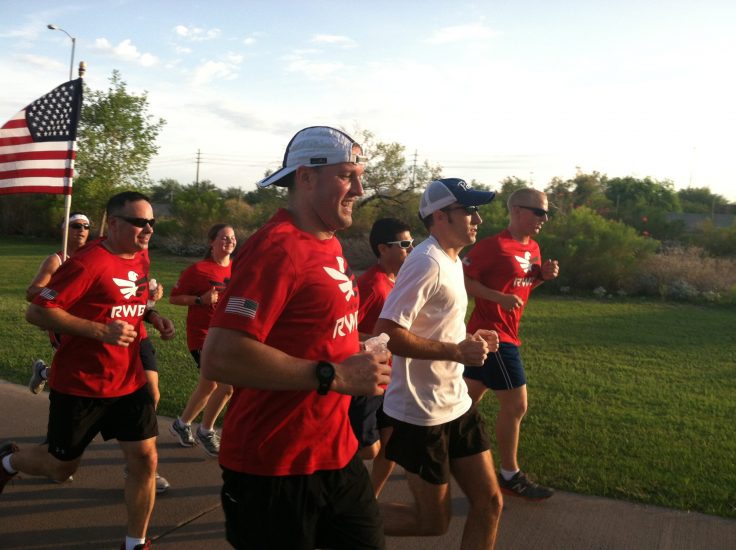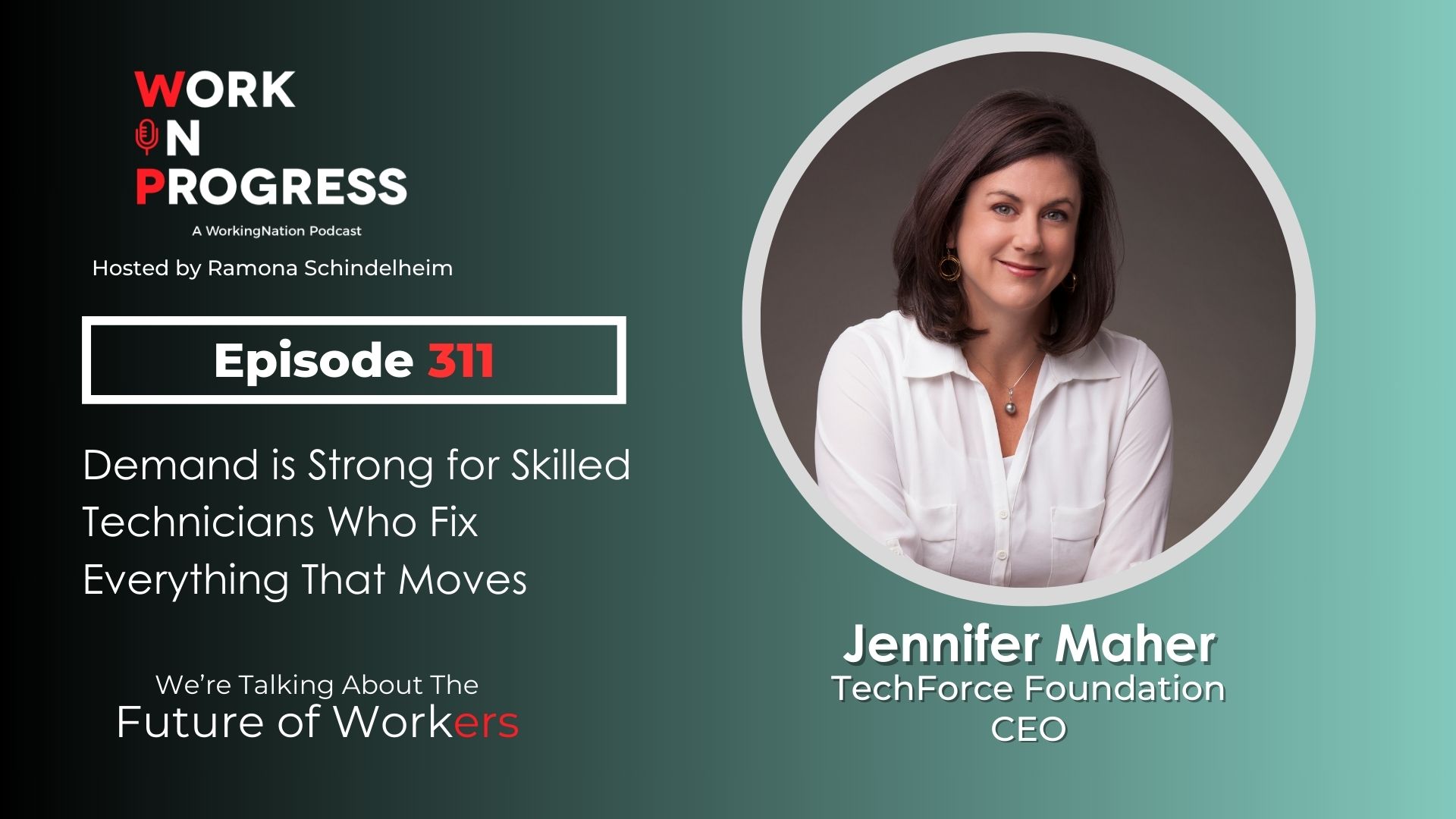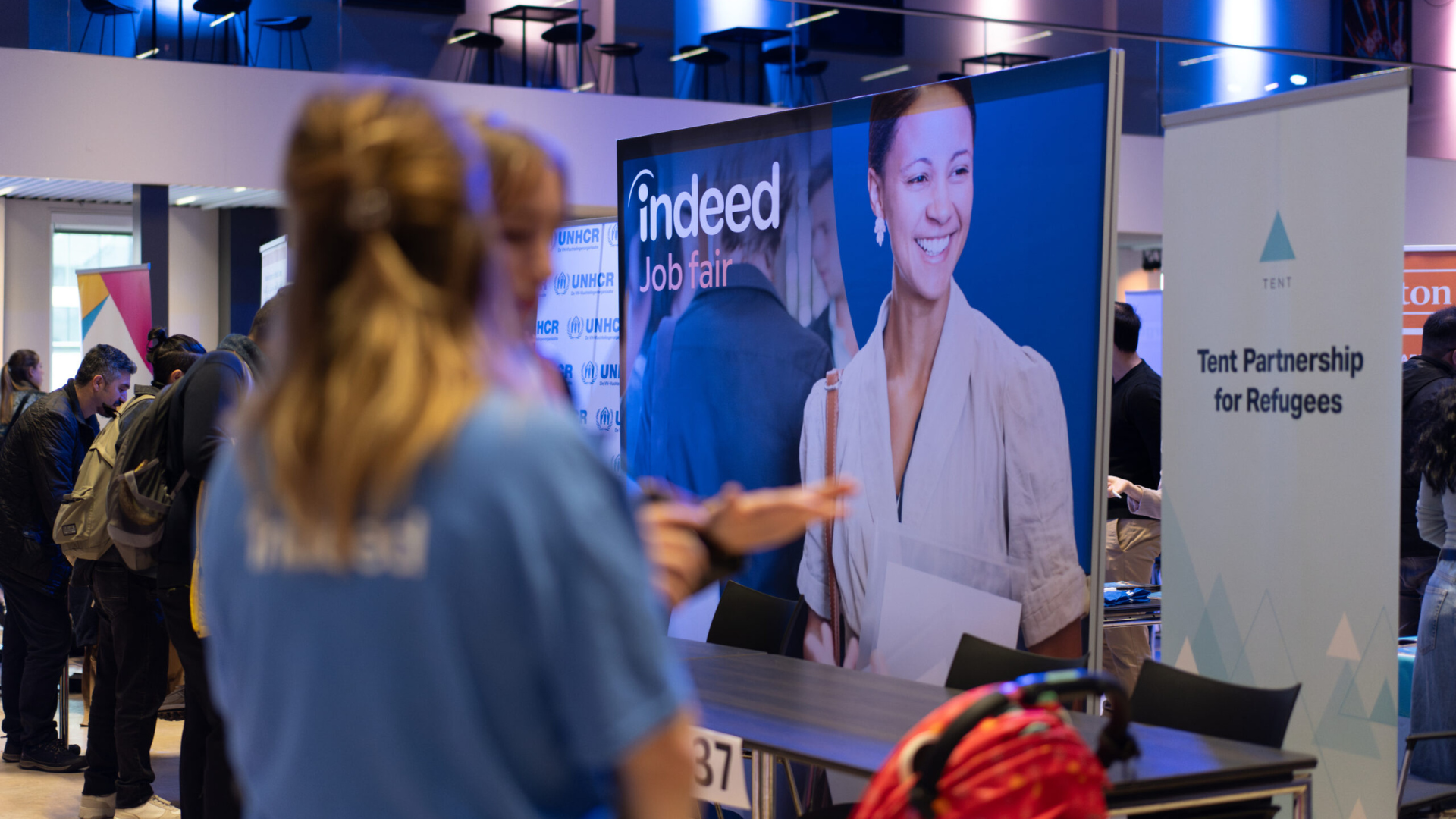When they leave active duty, one in four veterans reports having a job lined up to go to. More than half of veterans still looking for jobs after leaving the service say they were employed in less than six months. Both are signs that those who serve in the military have transferable skills that employers recognize as valuable.
But, once in their new roles, retention becomes a problem. A study by Syracuse University’s Institute for Veterans and Military Families and VetAdvisor shows that half of the veterans who participated in the study left their first civilian job within the first year. More than 65 percent left within two years. The top reason: gaps between military and civilian environments.
These gaps can present themselves in many ways, including emotionally.
Loss of community
Mike Erwin began his transition process while still serving in the military. An Army captain, he finished his third deployment — one in Iraq and two in Afghanistan — and started graduate school at the University of Michigan.
“I was still in the military while in graduate school, but I wasn’t assigned to a unit. I didn’t have a uniform and didn’t do all the typical things you do when assigned to a unit,” Erwin says. “I had a sense of loss. Loss of community, loss of purpose.”
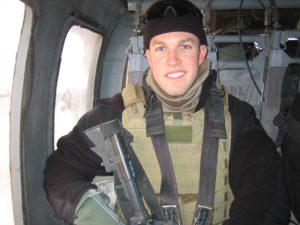
After visiting with the local Veterans Administration hospital, and working with a 9/11 veterans case manager, he realized what was missing for him in this phase of his life was that sense of connection around exercise.
“When I took off the uniform I didn’t have to exercise anymore, and I found myself going into a dark place. When I started running again, it played a huge role in my recovery, a huge role in becoming healthy again,” he says.
The link between physical and mental health
Studies show the link between physical activities and the positive effect on mental health. Exercise eases the symptoms of depression and anxiety, produces natural brain chemicals endorphins that enhance the sense of well-being, and is a preferable substitute to other coping mechanisms such as drinking alcohol.
Erwin decided to help other veterans who felt the way he did. In 2010, he founded Team RWB (Red, White, and Blue), a nonprofit focused on veterans’ health, and physical, mental, and relationship wellness. He calls it a classic entrepreneurial story — identifying a need and a demand, and watching the organization evolve.
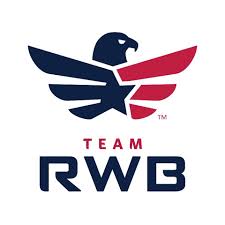
He contacted fellow veterans with whom he served and together they ran the Twin Cities Marathon in Minneapolis and participated in other organized events. At each stop, they wore distinctive red t-shirts emblazoned with an eagle.
Eventually, the veterans wearing the Team RWB t-shirts in marathons and triathlons attracted attention. Photos of the group participating in events circulated around the internet. Veterans and civilians contacted Team RWB, asking if they could organize local events in their communities as part of the organization. Team RWB communities were born and now number 210 local chapters with a total of 205,000 members.
“It was like when you wear a t-shirt or hat from your favorite team, even though you’re on your own, you’re representing,” Erwin says. “You’re representing this team. I’m part of this community of people who support and cheer on this team. It’s a similar sort of psychology. That’s what veterans are with this group. They’re saying, ‘I’m part of this team, and this team, by the way, is good.’ I’m excited and honored to be a part of that.”
Creating a community of support
Former Army medic Moises Cerezo retired in 2013 as a staff sergeant after serving for nine years. He discovered Team RWB when he saw the group running together at a race in San Antonio, Texas.
“Team RWB saved my life. Literally,” Cerezo says. “I was feeling overwhelmed. My wife at the time and kids were next door with a neighbor, who was military police for 30 years. I was sitting in my room with a .45 to my head,” he recalls. “And God placed that red shirt in my mind. I. couldn’t get that image out of my head — that eagle. I put on my (Team RWB) t-shirt, put the gun away, laced up my shoes, gave the neighbor the gun, and I ran eight miles.”
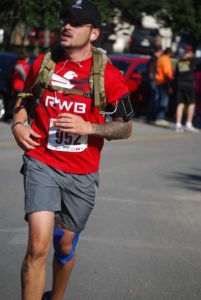
“In the military, you develop a family. They may not be related by blood, but the bond you develop with those people is thicker than blood,” he explains. “I struggled this summer. I was homeless for a week with my two sons and I had to move three times in two days. I don’t have any family in Texas, but Team RWB showed up and helped.”
Cerezo is now the athletic director for his local Team RWB chapter and hosts Monday night workouts. He connects with fellow veterans and civilians on other days for fitness activities such as running and biking or social activities like meals and movies. Cerezo says he’s found a community.
Making the connection to the workforce
Before joining Team RWB, Cerezo had dropped out of a Ph.D. in history program. Not only did Team RWB help him get back on his feet, but it also helped him refocus on his post-military career. While helping a neighbor build a hunting lodge, the neighbor had a fall and a horse also suffered an injury. Cerezo’s medic experience kicked in. He stopped the bleeding on the horse’s leg and helped the neighbor until paramedics arrived.
“RWB helped me remember what I feel is my number one passion: helping people. Using my head to heal people,” he says. Cerezo is heading to school next semester to study medicine.
Erwin is proud of how his organization is playing a role in veteran employment. While companies already recognize the value veterans and military members bring to the workplace, he says few are addressing retention. “We help veterans hired by companies to be enriched, to lead healthier lives, and in that process, it helps them be better employees and drives retention,” he says.
“There’s data that veterans are more difficult to retain than non-veterans, in part, because when they transition out of military service, there’s a lack of comradery and purpose. Team RWB provides that and helps them become more employable and more likely to stay and grow in their companies instead of going somewhere else,” adds Erwin.
Team RWB’s next chapter
After founding Team RWB, Erwin served as the organization’s executive director for the first two-and-a-half years. The organization grew to an operating budget just shy of $1 million a year. He remained the board chairman but stepped down because he was still on active duty. He just resumed the executive director role in November.
His goal is to use technology to provide support to veterans who may not live close to a local chapter, or who may not be able to regularly attend events.
“The skillset that I received from the Army is how to think predictively and see a couple of years down the road. We’re at a point where we have to think about how we blend technology with the human-to-human, vet-to-vet experience to meet as many veterans as we can,” he says.
“We have to think hard about how we leverage the technology to challenge and meet veterans where they’re at so they can be an active participant, even if they can only show up for one or two months at a time.”
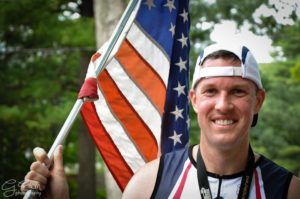
Erwin summed it up this way when he returned to his leadership role: “It is imperative that we continue to innovate to meet the evolving needs of our community. There have been significant changes in this country and around the world since I founded Team RWB, but our unwavering focus on improving the wellbeing of struggling and transitioning veterans remains constant.”
Follow more of our Vets Deserve Good Jobs coverage here.

